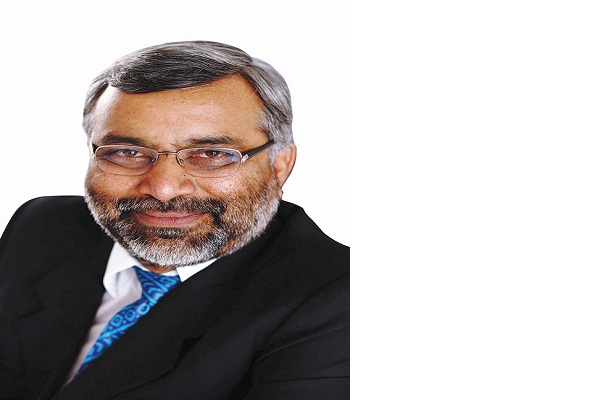Good progress can only be achieved with detailed planning
Metro rail is one of the most efficient mobility solution hence all smart cities will need to have a metro system of some size, states Sunil Srivastava, Managing Director, BARSYL in an interaction with EPC World.
What, in your opinion, is the role of Metro rails in the Indian urban transportation system as the most environmentally- sustainable transport today?
Rail-based ‘Mass Rapid Transit System’ has been widely accepted as a solution for most of the traffic and environmental pollution related problems which major cities throughout the world are facing now and India is no exception. With cities and towns in India becoming more and more populated and citizens having growing concern about pollution and the environment, the metro rail system is one of the most viable option as an environment friendly and sustainable transportation system.
What are the Metro projects under implementation? What kind of challenges do you face during the execution of these projects?
The metro projects currently under various stages of implementation are: Delhi Metro Phase 3, Bangalore Metro, Hyderabad Metro, Chennai Metro, Kolkata Metro, Jaipur Metro, Gurgaon Rapid Metro, Kochi Metro and Lucknow Metro. Each of them come with their own set of challenges, for some it is finance related while for few it is land related. But getting good experience contractors to execute the projects in time and cost is a challenge for all.
What are the pros & cons of the PPP and EPC models of funding the metro rail projects? Which is the preferred alternative and why? Has PPP model been rewarding?
Each of the two options provide different sets of advantage or disadvantage in the development of a metro system. There is no one preferred alternative as each option is dependent on a number of factors hence it is not appropriate to say that with PPP or EPC is the only way to implement a metro project. If project funding is available, then obviously EPC is the best choice but what happens if project funding is not available, then you may have to look at PPP option, but here again if the project is not generating adequate returns (which is true in most cases) then the project proponent has to provide “sweeteners” to bridge the viability gap for the developer. Currently only Mumbai Metro Line 1 is in operations under PPP and Hyderabad Metro is yet to become operational so it is early days to comment if it is rewarding or not. We will have to wait and watch.
How far has the government´s target of attracting investments of ` 56 lakh crore into the infrastructure sector during the 12th Five-Year Plan (2012-13 to 2016-17) benefited the progression of the metro rail projects?
Investments for few of the ongoing and new metro projects have come from external funding agencies. So while the metro sector has benefited from these investment but I am not sure if this is part of the investment target of the Plan.
Are all the metro rail corridors utilised to the optimum level? What is the significance of first mile and last mile connectivity for proper utilisation of capacity?
No this is not always possible. In most metro systems world over, some corridors are overloaded while some are underutilised. So this imbalance always exists and is not a major concern. However, the last mile connectivity can definitely improve this imbalance. Better planning and coordination between various authorities or stakeholders is needed to improve the last mile connectivity. For example to encourage better patronage of the metro system if buses / e-rickshaws etc. can be provided at the stations which ensures a seamless travel to the commuter.
What kind of opportunities will the government’s 100 Smart Cities provide for the metro rail projects?
One of the core elements of a smart city is efficient urban mobility. Metro rail is one of the most efficient mobility solution hence all smart cities will need to have a metro system of some size. This will definitely provide large opportunities for all players in the metro industry viz; consultants, contractors, manufacturers and O&M providers.
What are your expectations in order to expedite the progress of Metro rail projects in the country?
My personal view is that a lot of planning has to be done by the authorities before embarking on a metro project. Good progress can only be achieved with detailed planning and preparation. More time you spend in planning which includes all aspects of the project like right of way, land availability for station, depots and last but most important finance, the faster will be the implementation.









